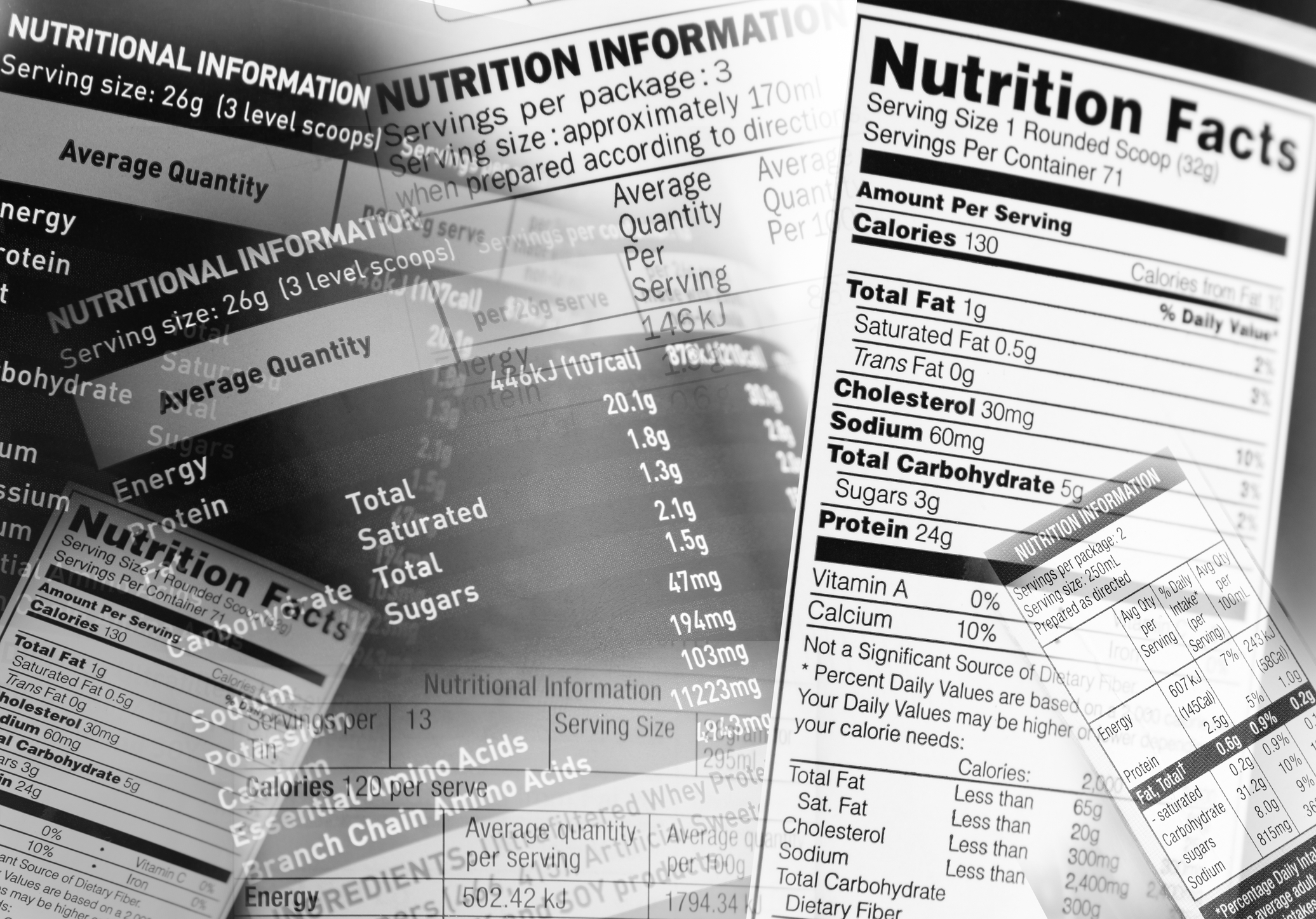The Impact of Incorrect Food Labelling

In our modern world, where convenience often trumps scrutiny, food labels serve as our guiding light through the choices at the grocery store. They inform us about nutritional content, allergens, and ingredients, empowering consumers to make informed decisions about what they put into their bodies.
However, when these labels are inaccurate or misleading, the consequences can be profound and far-reaching.
One significant impact of incorrect food labelling is on public health. Misleading labels can lead consumers to make unhealthy dietary choices, thinking they are making nutritious ones. For instance, a product labelled as “low-fat” or “sugar-free” may actually contain high levels of hidden sugars or unhealthy fats. This misinformation can contribute to the rising rates of obesity, diabetes, and other diet-related health problems in many societies.
Moreover, inaccurate food labelling can pose serious risks to individuals with food allergies or intolerances. A product that fails to properly disclose allergens can trigger severe allergic reactions, putting lives at risk. For those with dietary restrictions, relying on incorrect labels can lead to inadvertent consumption of harmful substances, causing discomfort, illness, or worse.
Beyond individual health concerns, incorrect food labelling can erode consumer trust in the food industry as a whole. When consumers feel misled or deceived by labels, they may become sceptical of all food products and the regulatory systems in place to ensure their safety. This lack of trust can have economic repercussions, affecting sales and damaging the reputation of brands and manufacturers.
Furthermore, inaccurate food labelling can have environmental implications. If consumers unknowingly purchase products that do not align with their values, such as those containing unsustainable ingredients or excessive packaging, it can contribute to environmental degradation and waste.
In conclusion, the impact of incorrect food labelling extends far beyond mere inconvenience. It affects public health, consumer trust, and even the environment. As consumers, we must remain vigilant, scrutinizing labels and advocating for transparent and accurate information. Likewise, policymakers and food industry stakeholders must prioritize regulatory measures to ensure that food labels serve their intended purpose: to empower consumers to make informed choices for their well-being and the health of the planet.
